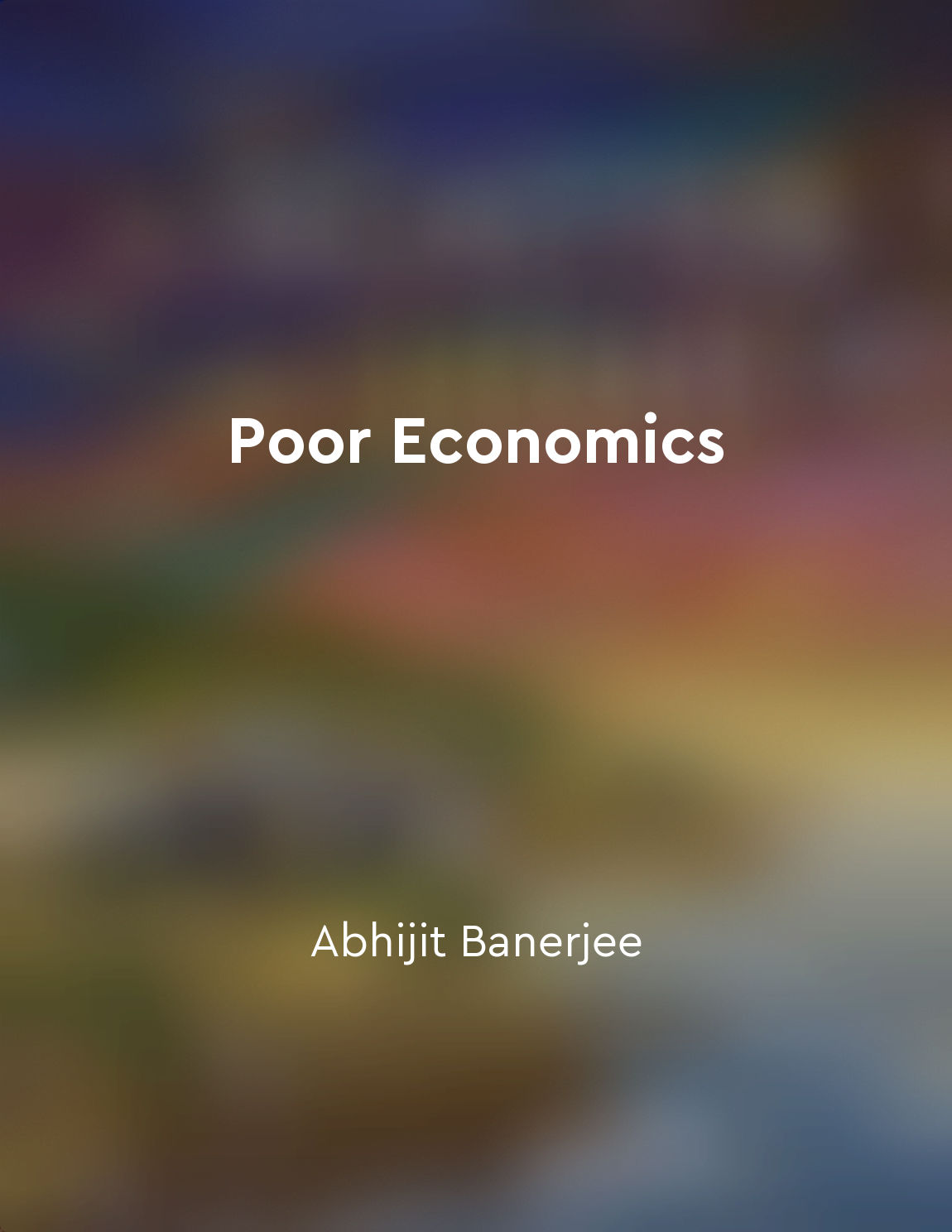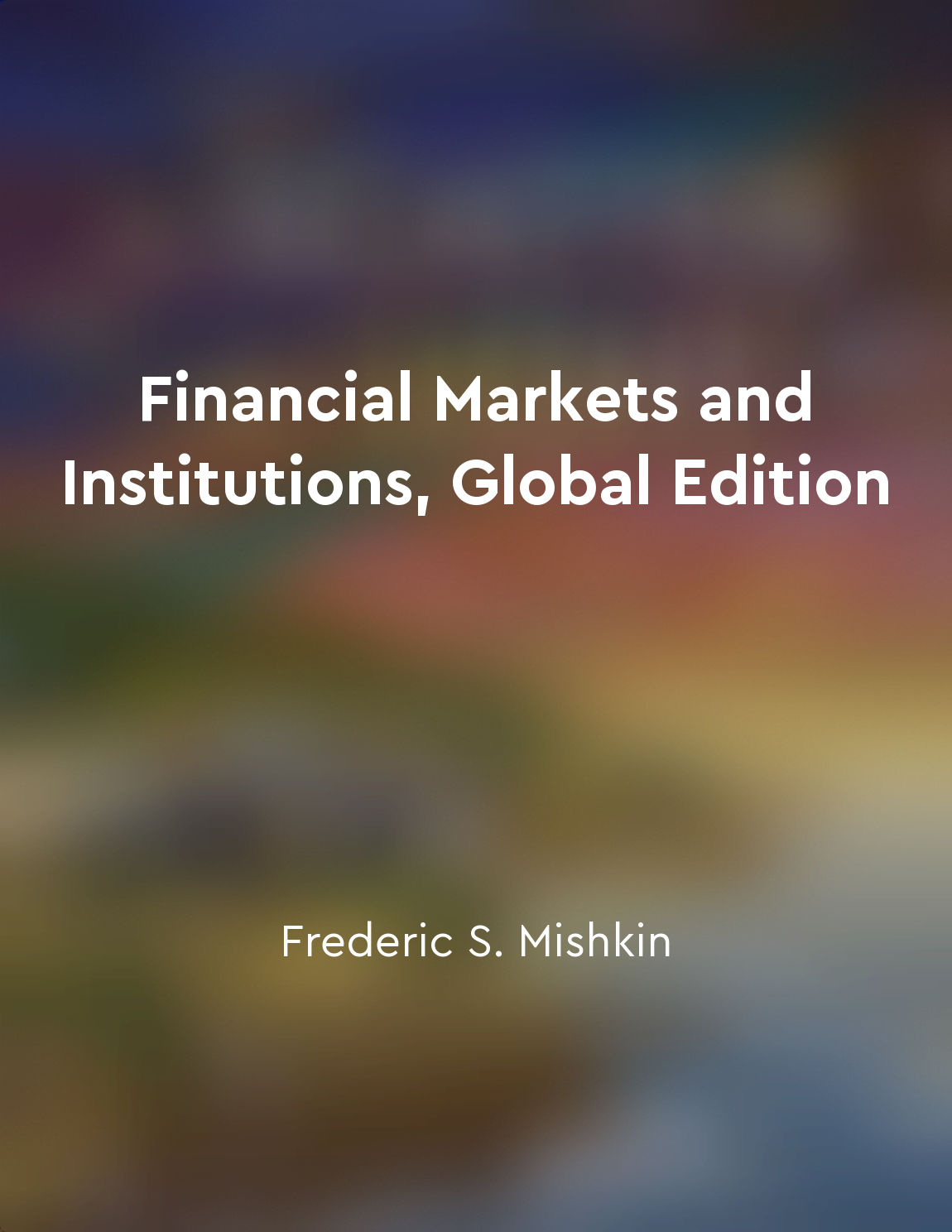Inequality in debt burden fuels economic instability from "summary" of House of Debt by Atif Mian,Amir Sufi
The unequal distribution of debt burden among households can exacerbate economic instability. When debt is concentrated among a small segment of the population, it can create a fragile financial system that is susceptible to shocks. High levels of debt among a few households mean that any adverse event, such as a decrease in income or a decline in asset prices, can have ripple effects throughout the economy. Inequality in debt burden can also lead to a vicious cycle of economic downturns. When a significant portion of the population is highly indebted, they are more likely to cut back on spending in response to negative shocks. This reduction in consumption can further depress economic activity, leading to job losses and income declines for other households. As a result, the overall level of debt in the economy may increase even further as more households struggle to meet their financial obligations. Moreover, the unequal distribution of debt burden can amplify the impact of monetary policy on the economy. When interest rates are lowered to stimulate economic activity, highly indebted households are more likely to increase their spending. However, if the benefits of this policy are concentrated among a small segment of the population, it may not have a significant impact on overall economic growth. In contrast, if debt burden is more evenly distributed, monetary policy measures are more likely to have a broader and more lasting effect on the economy.- Addressing inequality in debt burden is crucial for promoting economic stability. By ensuring that debt is distributed more equitably among households, policymakers can help to reduce the vulnerability of the financial system to shocks and mitigate the risk of economic downturns. This, in turn, can contribute to a more resilient and sustainable economy that benefits all members of society.
Similar Posts

Don't try to time the market
Timing the market is a fool's errand. It is a game best left unplayed. Attempting to predict the movements of the stock market ...
Behavioral economics can inform public finance policies
Behavioral economics can provide valuable insights for policymakers in the realm of public finance. Traditional economic models...
Success in investing requires patience
Many people think that investing success is all about finding the next hot stock or predicting the next big market move. They b...
Investors cash in on the impending catastrophe
Investors who saw the impending catastrophe coming saw an opportunity to make money. They didn't just sit back and watch as the...

Rich dad teaches financial lessons
The concept of learning financial lessons from my rich dad is something that has shaped my entire perspective on money and weal...
Taking control of your financial future requires taking action
To take control of your financial future, you must be willing to take action. This is a key principle that many people overlook...
Invest in yourself and your financial education
To achieve financial success and build wealth, it is crucial to invest in yourself and your financial education. This means con...

Poverty traps prevent individuals from escaping poverty
Poverty traps are like quicksand, pulling individuals down and preventing them from climbing out of poverty. Once people are st...
Economic growth
The concept of economic growth is paramount in understanding the dynamics of a nation's prosperity. It is the engine that drive...

Market contagion can spread rapidly during times of uncertainty
During periods of uncertainty, market contagion has the potential to spread rapidly across financial markets. This phenomenon o...

